As we stop on the side of the road to buy a fresh young coconut from a colorful fruit stand, a darling little girl (she must be five or six) comes up to me. She hands me a bag of homemade cookies and asks me where I’m from.
We are in the middle of the Cambodian jungle, and I am impressed she can speak English so well.
“Eeet-a-ly… – she mumbles – Is that where London is?” Her eyes shine with lively curiosity, making up for the dullness of her creased sleeveless dress.
She lives in a stilt house, with no electricity and a post-WWII tv activated by a battery, but she’s already eager to discover the world outside of Asia, and in a second language too!
I buy her baked treats, thin crispy florentines scattered with sesame seeds, and while sitting on my knees right next to her, I list the main cities of Italy on the tip of my fingers.
She listens carefully, and as I give her a hug before getting back in my car, she starts counting cheerfully on her little hand: “Rome, Venice, London, Milan…” I wave from the window.
During my very first breakfast in Siem Reap, when Chef Pisith – who was already aware of my food restrictions thanks to the Hyatt allergy program – surprised me with a feast of local gluten & dairy free rice desserts, I pleasantly discovered that traditional Khmer food is naturally free from two of the most common allergens: gluten and dairy.
I grabbed a couple of Akors (spongy steamed rice balls) and, while dunking them in a pandan leaf and coconut milk dipping sauce, I chatted with the Chef, who informed me that in Cambodia wheat doesn’t grow and coconut milk here is a staple, given that cows are too skinny to produce milk.
As I rethink about his words, as we are driving towards one of the villages around Siem Reap to visit a family that hand make rice noodles, I snack on the “Num Tong Morn” that the little girl gave me, a delicious crunchy treat made of rice, eggs, coconut and sesame.
A few cookies later, we arrive at our destination: a muddy backyard, with plucked chickens running around and three generation of women tirelessly turning ears of rice into noodles, through a process that probably hasn’t changed in the last two hundred years.
Forget about the fancy prices of our store bought gluten free pasta. All these seven women make from selling their daily production of naturally gluten free noodles (thirty kilograms) is ten US dollars.
After nine hours of grinding and pounding fermented rice, they shape their freshly made noodles into a beautiful, flower-like spiral, place it in a large basket, and deliver it to their nearby food stands, where they serve Nom Ban Chok to half of the village.
This typical Cambodian breakfast consists in a delectable curry noodle soup topped with shredded banana leaf, bean sprouts, diced cucumber, long beans, holy basil and lemongrass, and Chef Pisith shared his authentic recipe with me, together with that for his Green Mango Salad and the sweet Akor.
Rather than establishing a polished cooking class at the Park Hyatt, Chef Pisith wanted to organize an authentic food journey in the villages, not only to show the staples on which the locals thrive, but also to raise awareness on the conditions in which Cambodian families live, showing all the efforts they make to produce local ingredients that often keep kids away from school, especially girls, as boys are believed to have “more chances” to find a better job.
I am blown away when I am told that it costs $0.15 cents an hour in Cambodia to learn math and English with a private teacher. Simply by buying some of their gluten free noodles for the price we are used to paying in the Western world would allow these girls to get an education and break free from the rice mill, just like the beautiful Nha who, after spending her childhood making noodles by hand, is now building a career as a Chef at the Park Hyatt Siem Reap.
I stock up on local products that most likely won’t fit in my luggage. But buying gluten free has never felt so good.
Chef Nha is one of the young women who took part in the initiative Everything’s Gonna Be OK (EGBOK), established by the Park Hyatt to give Cambodian kids a possibility to build a better future for themselves, by training future hospitality leaders and allowing them to have fulfilling career opportunities.
Everything’s Gonna Be OK (EGBOK)
The hotel’s internship supports at least ten local interns annually, who learn about the hospitality industry by working in Park Hyatt’s Culinary, Food & Beverage and Housekeeping departments and then go on to work in full-time roles in Siem Reap, Phnom Penh and other cities throughout Cambodia. “EGBOK identifies and trains underprivileged young adults, enabling them to become self-supporting,” says Sigrid Baldinger, Executive Director. “Our partnership with Park Hyatt Siem Reap gives these individuals life-changing opportunities, which impacts not only them, but their families and their communities.”
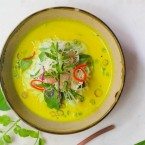
Cambodia: a Gluten Free Country (& the Park Hyatt’s RECIPE for Fish Curry Noodle Soup).
- Yield: 2 1x
Ingredients
For the Fish Green Curry Broth
- 100 gr Bar (or Sea Bass Fillet)
- 10 gr Lemongrass
- 3 gr Galangal
- 5 gr Garlic
- 5 gr Shallot
- 2 gr Kaffir Lime Leaves
- 5 gr White turmeric (replaceable with normal Turmeric)
- 5 gr Turmeric
- 20 ml Gluten Free Fish Sauce
- 10 gr Palm Sugar
- 100 ml Fish Stock
- 100 ml Coconut milk
- 130 gr Khmer noodles or Rice Vermicelli
Vegetables for Garnishing
- 5 gr Long Beans
- 5 gr Banana Bud (omit if you can’t find)
- 2 gr Bean Sprouts
- 2 gr Cucumber
- 5 gr Water Lily Stems (omit if you can’t find)
- 2 gr Green Papaya
- 2 gr Ambarella Leave (replaceable with Basil or Parsley)
- 5 gr Watercress
- 5 gr Parsley
- 2 gr Yellow Pear Flower (or any Edible Flowers)
Condiments:
- 5 gr Lime (sliced)
- 1 gr Chili (thinly sliced)
Instructions
- Clean and cut the vegetables, herbs and Cambodian flowers.
- Prepare ingredients to make fish curry broth. Boil the fish in water with lemongrass, galangal, garlic, shallot, Kaffir lime leaves for 30 minutes.
- Separate the fish from the stock you obtained. Blend lemongrass, galangal, garlic, shallot, Kaffir lime leaves with the turmeric and, when blended, add the cooked fish and blend again.
- Add this mixture to the stock you set aside and bring it to a boil, add gluten free fish sauce, palm sugar, fish stock and coconut milkand boil for 20 more minutes.
- Boil water in a small pot, and cook the noodles in it for about 5 minutes. When ready, place them in a bowl.
- Pour the fish green curry onto the noodle bowl and top it with the vegetables, fresh herbs and flowers you previously cut.
- Serve accompanied with the condiments (chili for a spicy kick, lime for a sour twist).
- Category: Starter


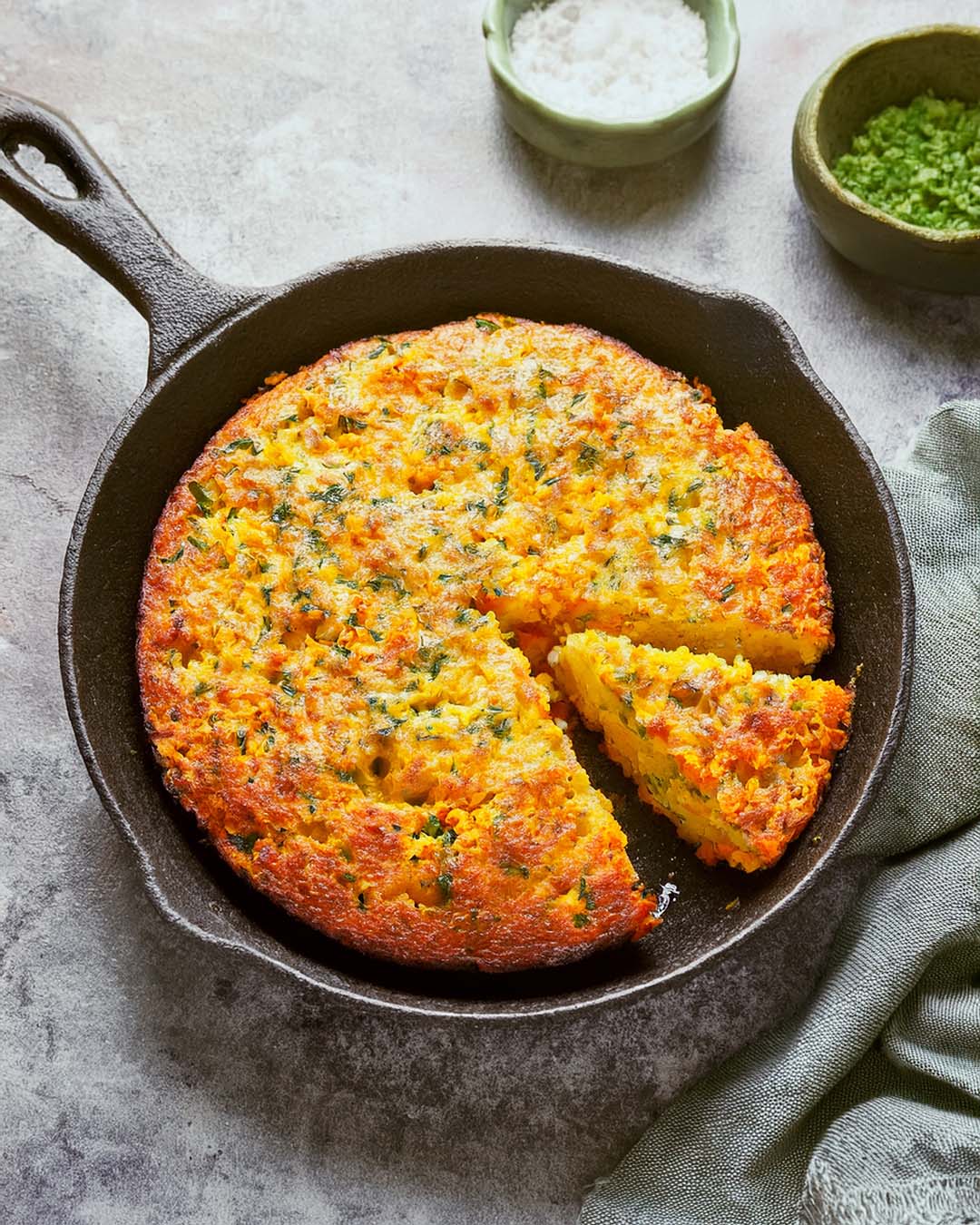
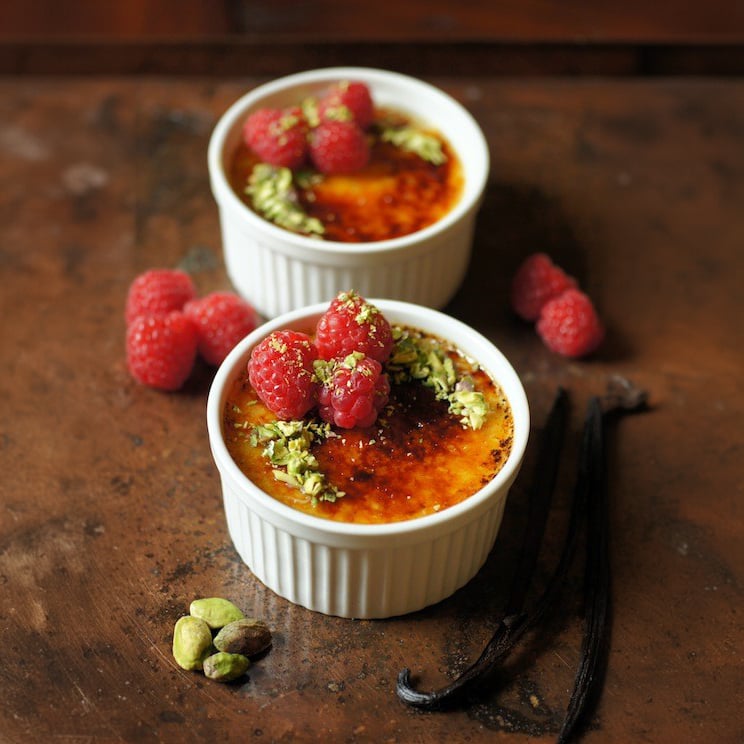
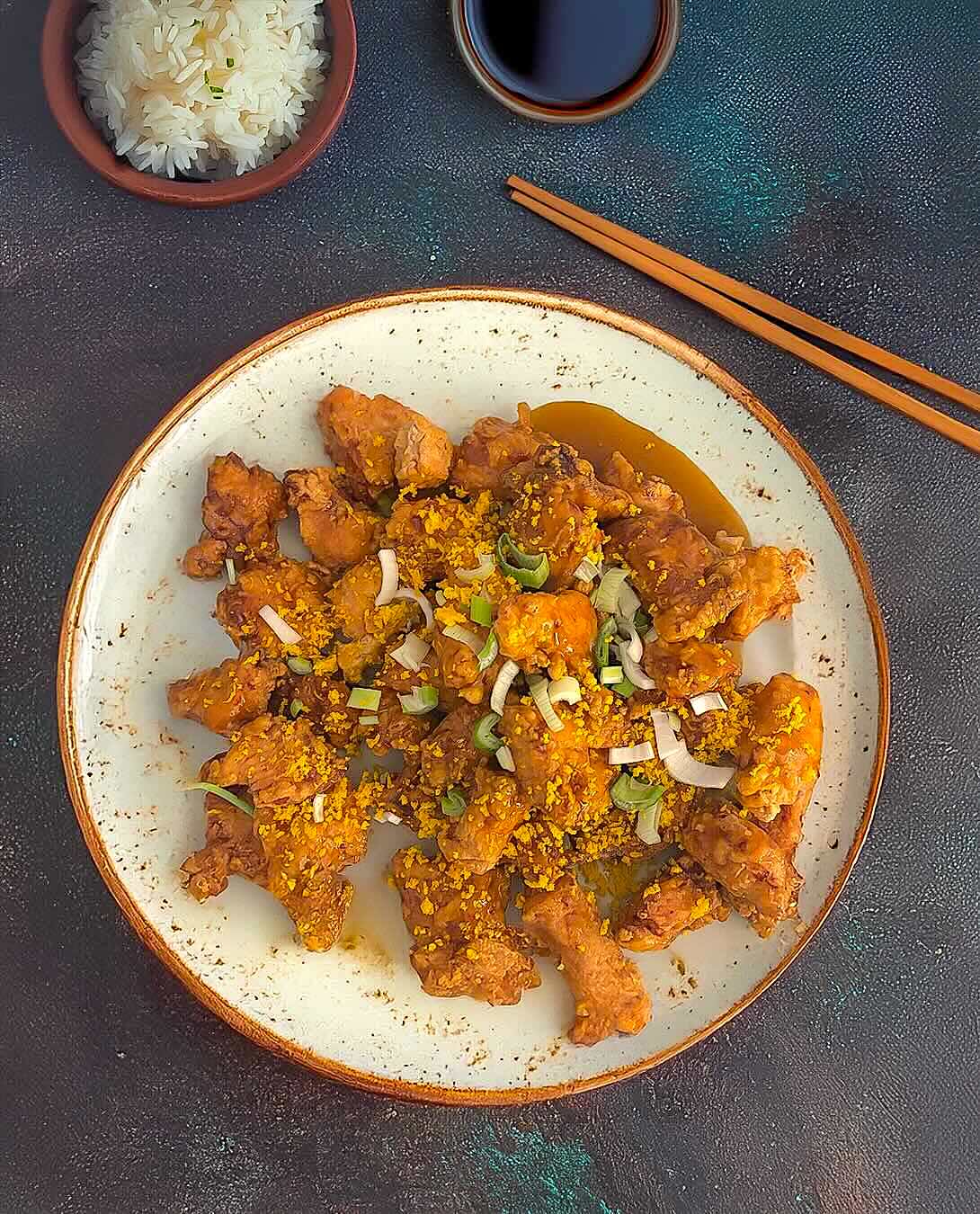
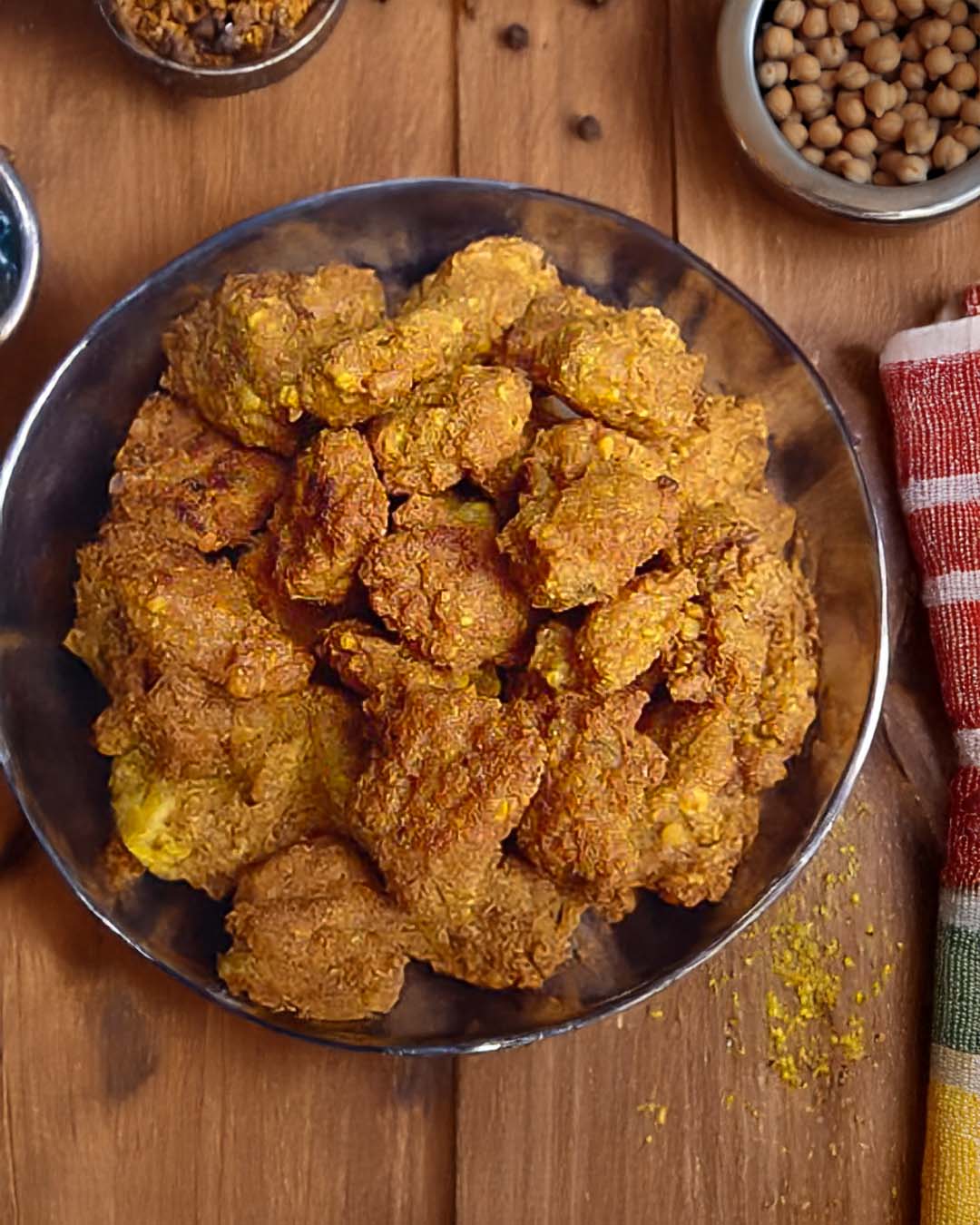
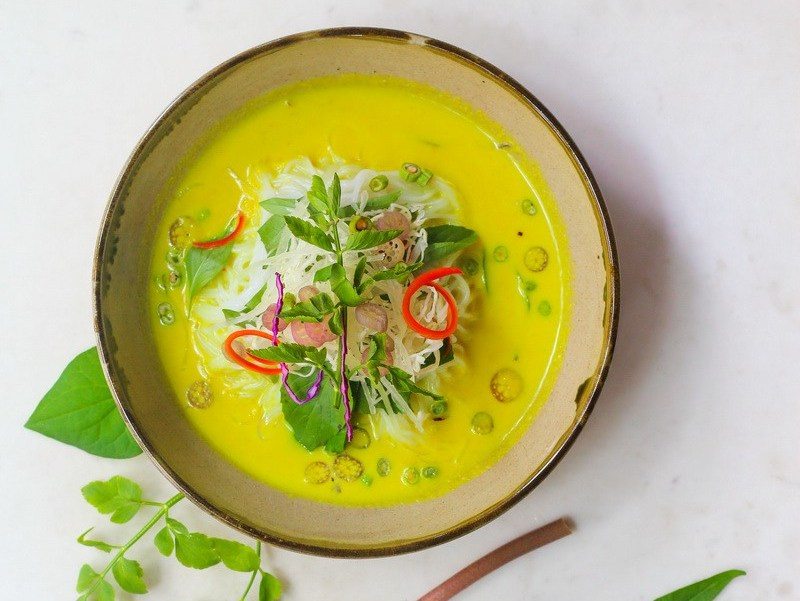
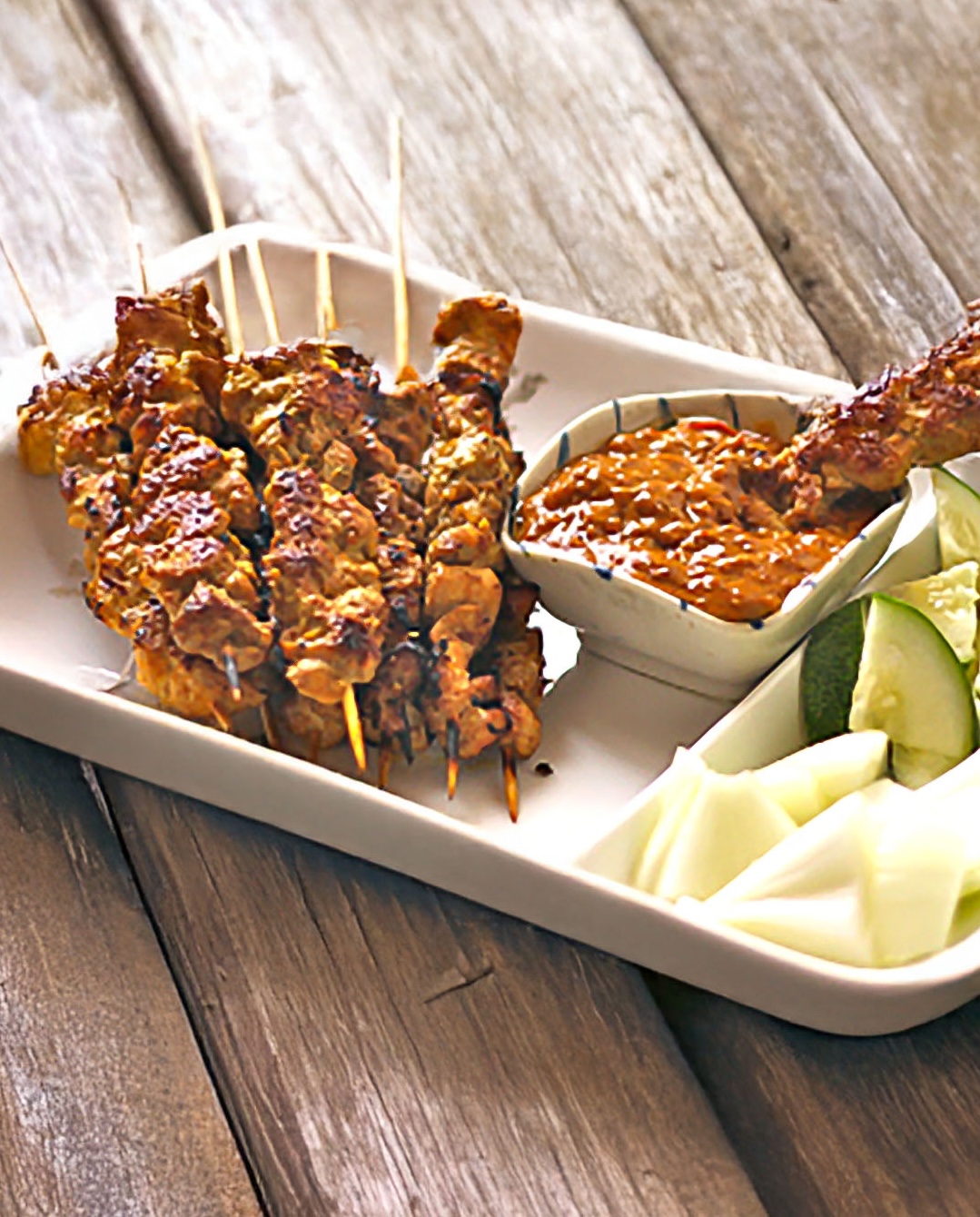
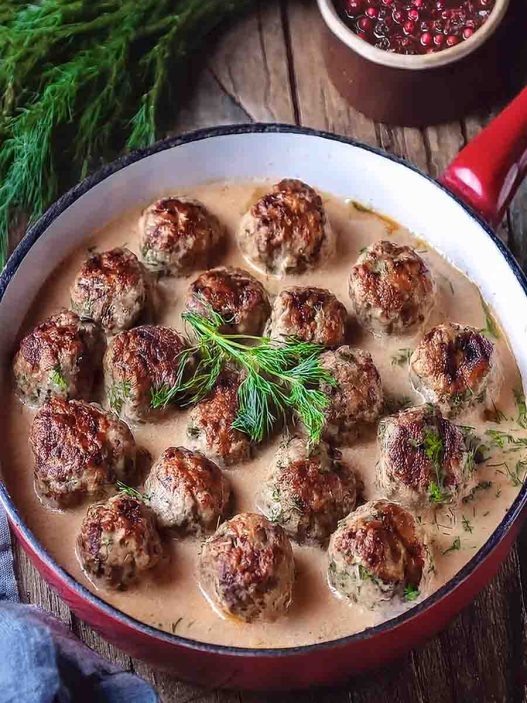
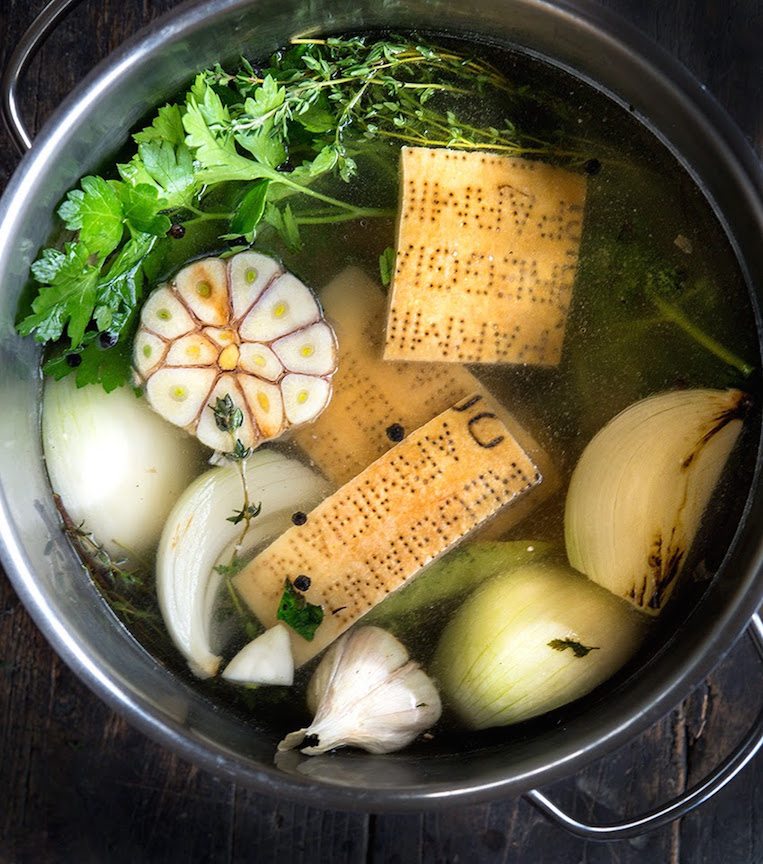

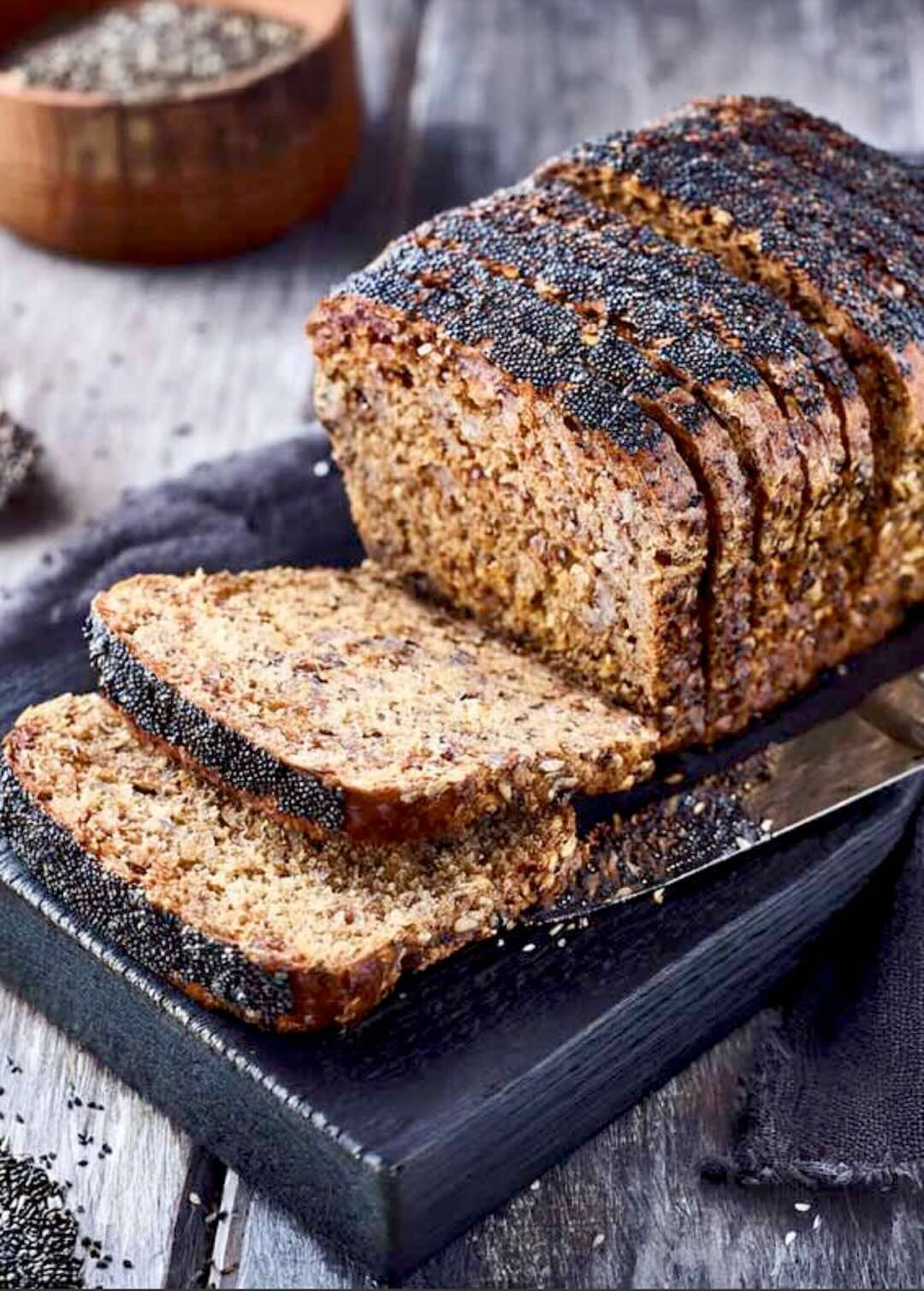
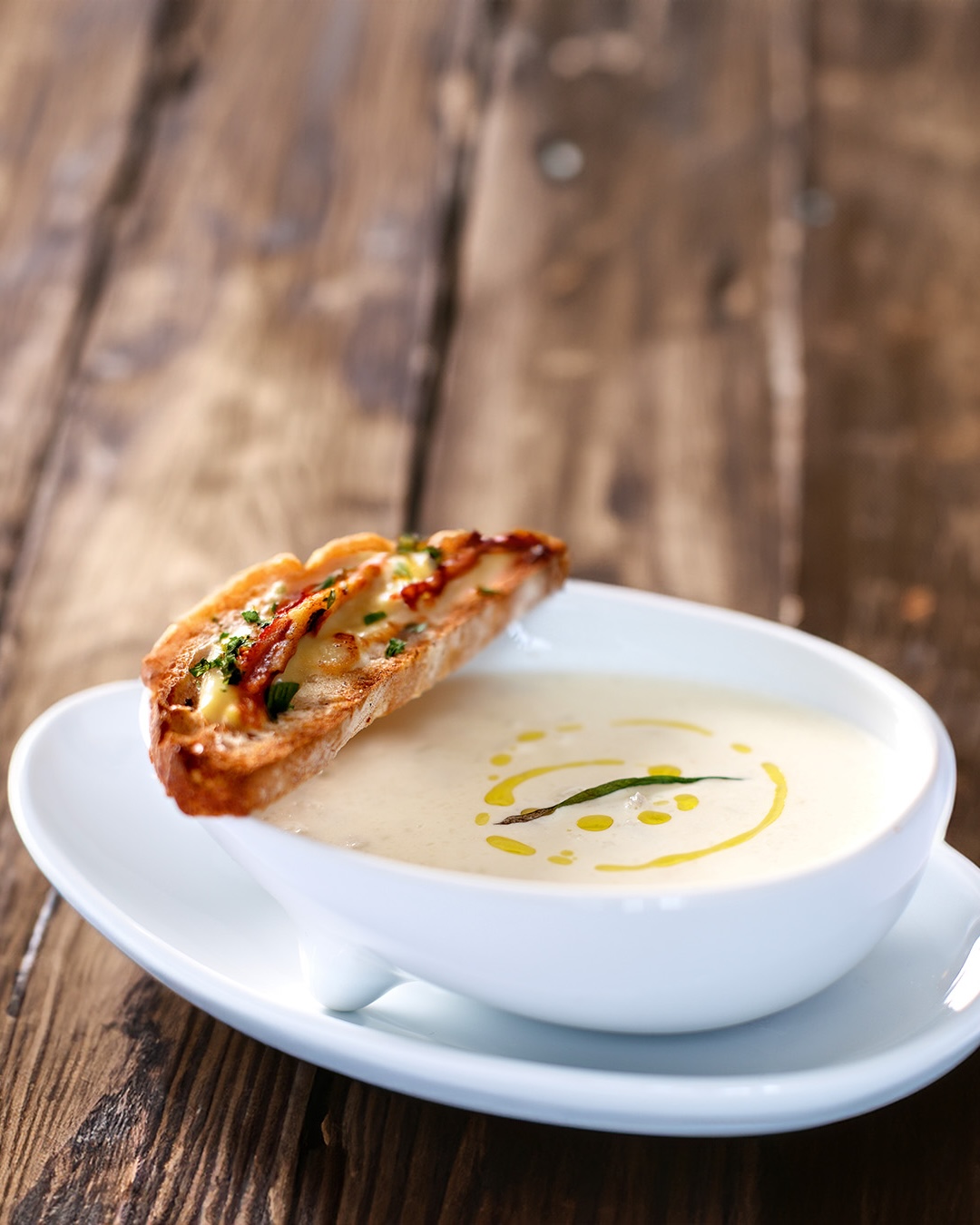
Awesome ~